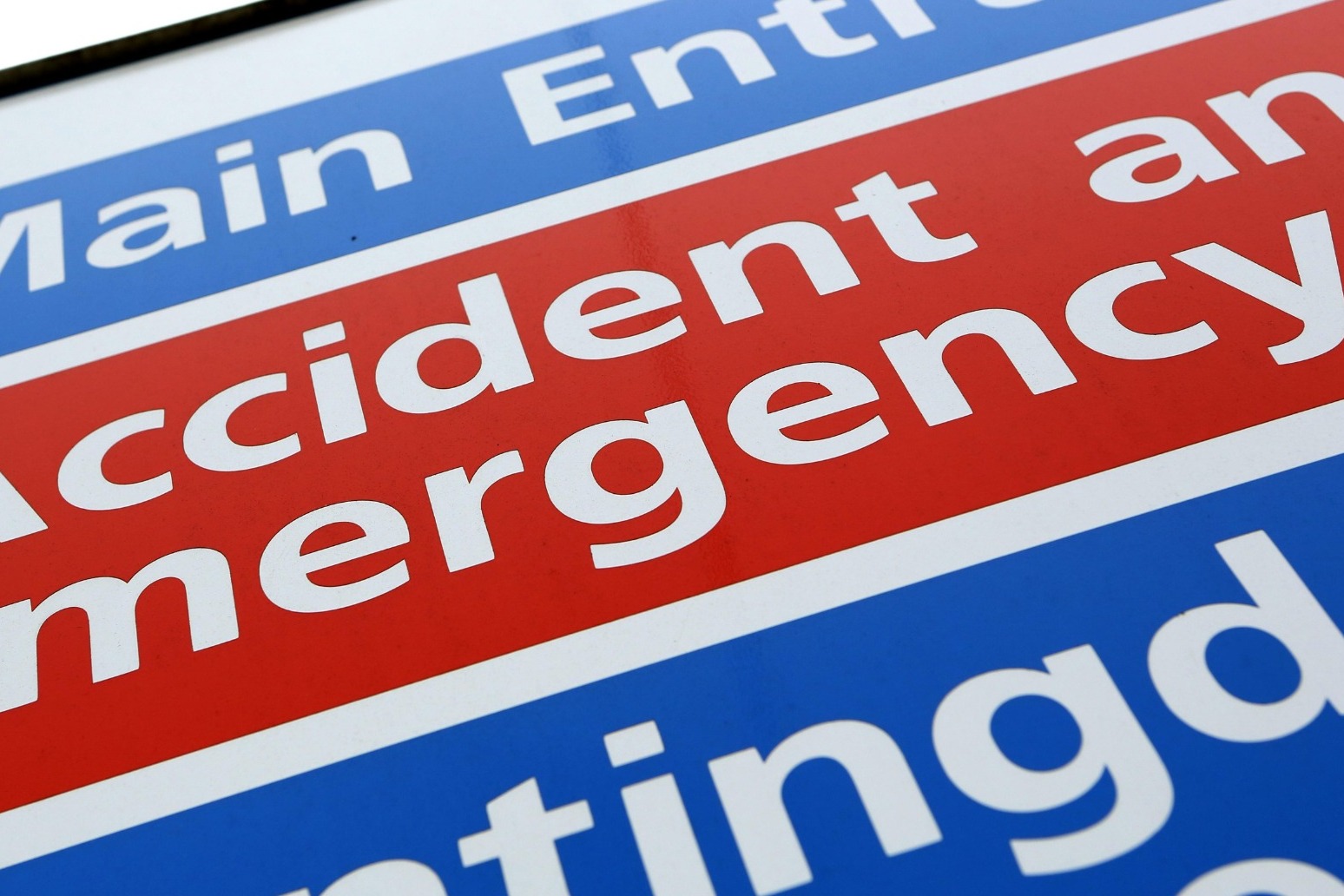
A powerful group of MPs have said they have “no confidence” the Government will deliver on its promises for its flagship new hospital programme (NHP).
The Department of Health and Social Care (DHSC) has insisted that it is “on track” to deliver the manifesto commitment to build 40 new hospitals in England by 2030.
But the Public Accounts Committee said that the programme has been marked by “slower progress and higher costs than promised”.
The group of MPs also raised concerns about a “lack of progress” in the programme and urged ministers to show some “tangible results for patients”.
The MPs said that it is “clear” that the programme “will not deliver all 40 new hospitals by 2030 and is highly unlikely even to construct the 32 new hospitals (under its 2020 definition) that it is now aiming to complete”.
The PAC said that the Government was aware in 2020 that there were seven hospitals built using reinforced autoclaved aerated concrete (Raac) which had become structurally unsound, but only two were selected for inclusion in the programme at that time.
In May, DHSC “reset” the programme and said the five additional hospitals with Raac would be rebuilt by 2030 as part of the New Hospital Programme.
But in its latest report, PAC said that the “programme reset” had the effect of delaying eight other hospitals, which will not be complete until after 2030.
This is a “major disappointment for people living in those communities”, the report adds.
The group called for the Government to “go faster” with its efforts to deal with Raac in hospitals.
Meanwhile, MPs also used the report to raise concerns about the design for the new hospitals, known as Hospital 2.0, which makes assumptions about reduced bed occupancy.
“Most worryingly of all, the latest version of Hospital 2.0 is based on assumptions that appear very likely to produce hospitals that are too small,” the authors wrote.
“The NHP team is assuming future bed occupancy rates of 95% and reductions in length of patient stay that are unsupported by research it commissioned.
“The assumptions look particularly heroic in the context of the UK’s growing and ageing population, while there is as yet no social care plan in place to alleviate the increasing pressure on hospitals.”
MPs also said that there are “multiple affordability challenges” linked to the project.
“There appears to be insufficient funding for DHSC to build all the hospitals it plans, and to an adequate size, by 2030,” they wrote.
And the raiding of capital budgets in the recent past “is an underlying cause of the estate crisis the NHS is now in”, they said.
There is a maintenance backlog of £10.2 billion in the NHS in England and officials have just announced another raid on building and technology budgets to plug the financial hole caused by strikes which have beset the health service in England since December last year.
Dame Meg Hillier, chair of the committee, said: “The physical edifice that is the NHS is quite literally crumbling before our eyes. There was nothing inevitable about this heartbreaking crisis.
“It can be laid squarely at the door of the decision to raid budgets reserved for maintenance and investment in favour of day-to-day spending.
“The sharp distinction between capital and revenue budgets exists for a reason. We are now seeing the consequences of this short-termism visited on patients and services.
“In such circumstances then, it is bitterly disappointing to report on the current state of the NHP.
“Quite aside from the fact that the planned new hospitals risk being too small for future purposes, funding does not even appear to be in place to construct them in time, all underpinned by failures of basic record-keeping and fresh and urgent concerns over Raac.
“Though we have no confidence that the NHP will deliver on its current promises, we hope that the recommendations in our report help to get it back on track – for the sake of all citizens who desperately need the NHS to get well soon.”
Commenting on the report, Liberal Democrat health spokeswoman Daisy Cooper said: “This is a brutal assessment of the government’s flagship policy which exposes incompetence on an epic scale.”
A Department of Health and Social Care spokesperson said: “We are committed to delivering 40 new hospitals by 2030, expected to be backed by over £20 billion of investment and additional clinical projects.
“Three hospitals are open to patients, another two opening shortly, and a further 16 in construction or have early construction activity under way to prepare sites. Our innovative ‘Hospital 2.0’ approach will enable us to build high quality hospitals more quickly.
“With better value for money for the taxpayer, new hospitals will feature single bedrooms which can reduce length of stay, improve infection control and boost use of bed capacity.”
Published: by Radio NewsHub

